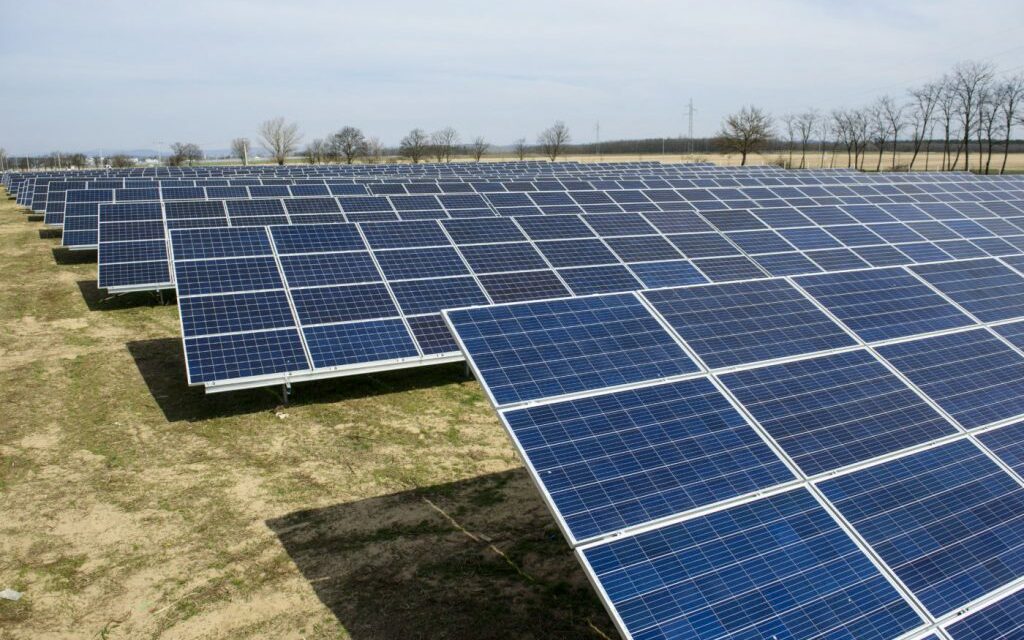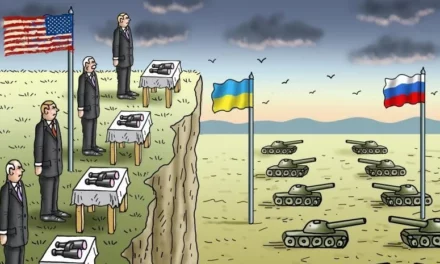The domestic newspaper reader mostly hears about the stupidities of the European Parliament, and this is because most of the time they make truly irrational decisions, but perhaps in some kind of self-hypnosis they convince themselves that what they are doing is for the good of Europe. Self-deception is easier for them, the less actual knowledge they have in the given topic. We are used to legal impossibility, and we are not surprised by this, but we hear less often about climate protection impossibility, but since this topic is more or less non-partisan, this is where parliamentary nonsense can be presented - without party bias.
By the stupidity of the members of parliament, I mean that they make decisions and set goals that can be clearly proven from the very beginning to be unachievable. However, I am a little uncertain as to whether stupidity is the right word for the phenomenon, it is really stupidity (he does not know what he is deciding), or whether another term should be used for this phenomenon, for example, indifference (he is not interested in the outcome of the matter), alignment coercion (faction discipline), blind faith (he believes he is doing good despite the facts), or corruption (he benefits from the decision). All of the listed indicators may be more or less present in decisions that, with a little research, can be clearly proven to be stupid, unfeasible and damaging to Europe.
This stupidity is particularly noticeable in the EU's climate and energy policy. In the European Union in recent decades, environmental protection has been reduced to climate protection and even that has been limited to the goal of reducing carbon dioxide emissions to zero. According to the set goals, the net carbon dioxide emissions in the European Union must be reduced to zero by 2050, namely in order to prevent the increase in the Earth's average temperature. According to a certain theory, the 1.5 degree Celsius warming of the Earth's average temperature experienced in the last century is caused by the emission of greenhouse effect carbon dioxide caused by human activity, according to a linear, deterministic, i.e., clearly defined relationship. This correlation was developed by an international organization, the Intergovernmental Panel on Climate Change, abbreviated as IPCC, following a Swedish scientist Svante Arrhenius who lived a hundred years ago, who discovered the greenhouse effect of atmospheric carbon dioxide.
According to the theory developed by the IPCC, the Earth's warming is caused solely by human carbon dioxide emissions, and if this is not reduced to zero within the deadline (2050), the Earth's temperature will increase by 5-6 degrees Celsius, which will cause enormous natural damage. The polar ice caps are melting, the sea level is rising by 100 meters and flooding the coastal strips of land, eliminating the habitats of hundreds of millions, besides this, the frequency and strength of storms is increasing and in general everything related to the weather is changing for the worse.
Although this system of correlation cannot be proven, many people still believe it, for example, the governments of many countries, including the Hungarian one, and shape their energy policy accordingly, the defining part of which is the forced and strongly supported increase in the capacities of wind and solar power plants. Faith is a big thing, according to an old wisdom, it is the basis of the everyday decisions of a person who does not know the future, which is why I would not argue with the true believers, even if I did. But for my part, I believe that climate change is influenced by many factors, since we know based on quite reliable evidence from the history of the earth that the Earth was both colder and warmer than it is now. After the initial cooling, its temperature varied between 8 and 24 degrees Celsius (currently 14.2 degrees), and humans had no role in these changes, since they only appeared on Earth in the last 200,000 years.
With this, I would close the question of faith and move on to realities that can be proven by calculations. Let's ask the question: is it possible to reduce human carbon dioxide emissions to zero by 2050, which is strongly recommended by the IPCC and accepted as a goal by the vast majority of world leaders in Paris in 2015, and if so, how? ?
Well, using my former knowledge of electrical engineering, I calculated this myself and it came out that the set goal cannot be achieved, especially not in the way that the vast majority of the representatives of the European Parliament want it, that is, with wind and solar power plants. However, if the unfeasibleness of the objective can be proven, then the question must be asked of how to qualify those members of the European Parliament or committee leaders who are not interested in these calculations and in a short time raise the 40 percent carbon reduction originally set for 2030. carbon dioxide emission reduction target (compared to 1990) to 55 and then 60 percent, so that it does not even cross their minds whether it is feasible or not. Is it really a good term to say they are stupid? Or maybe this is all that they decide on, which fundamentally affects the economy of the countries of the European Union, they don't care at all? Or were they hypnotized by the IPCC's 27,000-page study volume, which suggests the connection outlined above between global warming and carbon dioxide emissions?
As for this IPCC study volume, I downloaded 16,000 of the 27,000 pages, read many thousands of pages, and browsed through the whole thing to see if there was any feasibility calculation somewhere. I didn't find a single line that dealt with this issue, but maybe that's natural, since if they make such a calculation, they themselves prove that the set goals are unachievable.
In the title of this article, I refer to flickering sense because the two factions of the European Parliament, Europe of Reformists and Conservatives (ECR) and Renew Europe, recently developed a study on the feasibility of the goals. The 500-page document (Road to EU Climate Neutrality by 2050), initiated by Dutch representative Robert Roos and using the work of many authors, and authenticated by no less a person than Nobel laureate economics professor William Nordhaus, focuses on proving three things. The first of these is that, despite the self-sacrificing efforts of the Union to reduce carbon dioxide emissions, it represents only ten percent of global emissions, and if the emissions could be reduced to zero at the cost of great efforts and a significant reduction in the standard of living of the citizens of the Union, this it would hardly affect the growth of the world's carbon dioxide emissions, since others do not want this policy, but could not follow it either. The other thing that the study proves is that the reduction of carbon dioxide emissions cannot be solved with wind and solar power plants, partly because of their land requirements and partly because of their costs. Finally, the study concludes that the only viable way to reduce emissions is to build nuclear power plants.
This conclusion is not surprising, every expert dealing with energy knows this, but its significance lies in the fact that it is supported by parliamentary factions, the most vocal of which is the liberal Renew Europe faction, whose leader is Guy Verhofstadt, who, due to his repeated attacks on our country, is also quite well known. In this case, however, the study can be used to defend the use of nuclear energy in debates with opponents of nuclear energy, which are still ongoing.
There is a saying that politicians only do something good when they have exhausted all other options. It seems that the European leaders are starting to reach this limit, so there is already a flicker of reason, but it is still too early to underestimate their capacity for stupidity.
The author is an economist and a consultant to the National Forum
Source: Magyar Hírlap
Photo: MTI/Péter Komka












